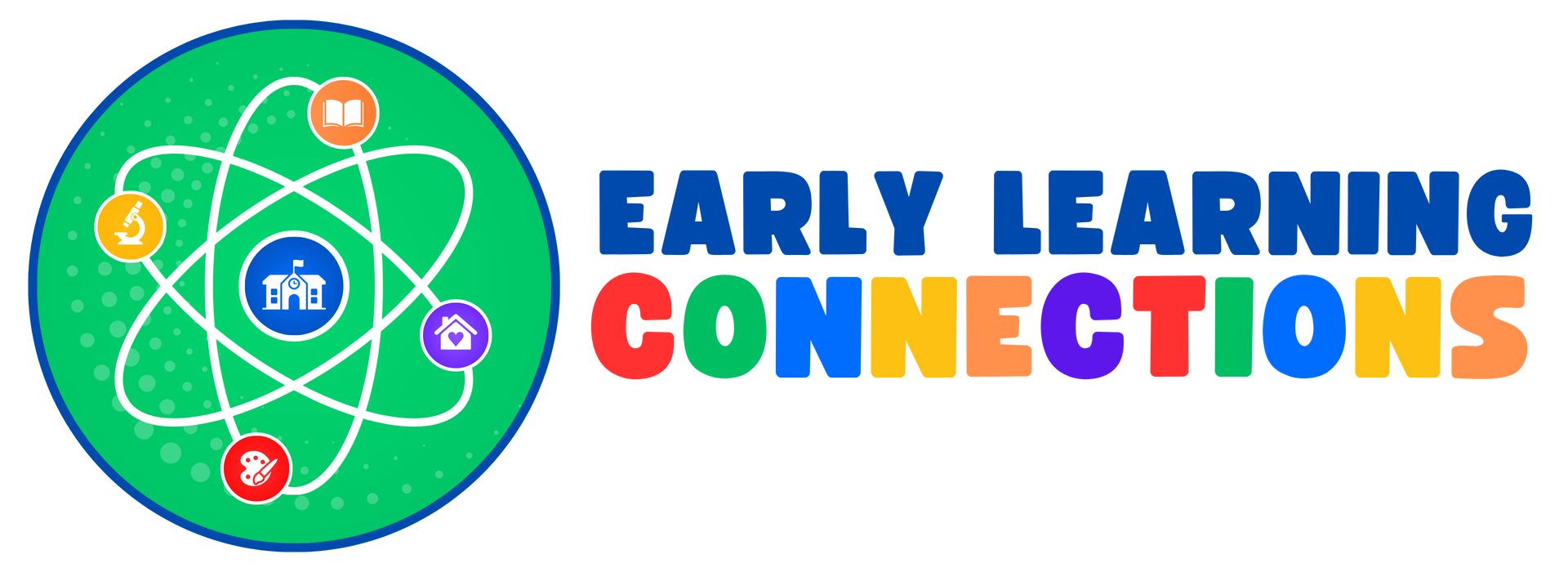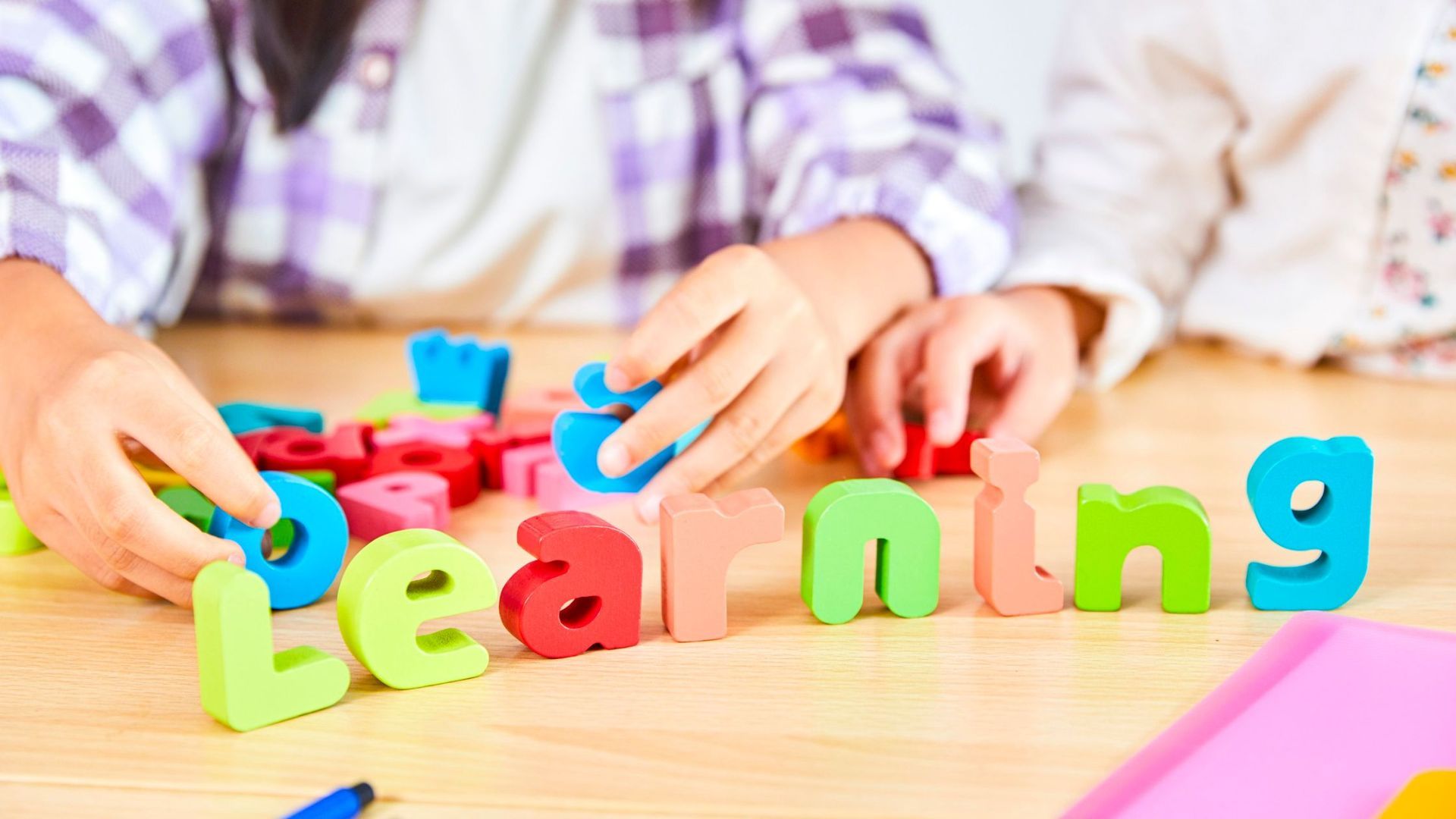The Link Between Nutrition and Brain Development in Young Children

A child’s brain is one of the most important organs in their body, responsible for everything from learning new words to regulating emotions and forming memories. During the early years of life, the brain is developing at a rapid pace, and this development is heavily influenced by the food that a child eats. Proper nutrition is essential for supporting brain development, memory retention, and cognitive function. In fact, the right nutrients can help a child reach their full potential, both mentally and physically. In this blog post, we’ll explore the link between nutrition and brain development in young children and discuss which nutrients are essential for fostering optimal cognitive growth.
Why Nutrition Matters for Brain Development
A child’s brain undergoes a period of intense growth and development during the first few years of life. During this critical period, the brain forms and strengthens connections between neurons, a process that is directly influenced by the nutrients provided through diet. Without proper nutrition, these neural connections can be disrupted, potentially leading to delays in cognitive development, learning difficulties, and other long-term issues.
In the early years, the brain is particularly sensitive to both the quality and quantity of nutrients a child receives. Malnutrition, nutrient deficiencies, or poor dietary habits can impair brain development and affect a child's ability to concentrate, process information, and learn new things. On the other hand, a well-balanced diet rich in brain-boosting nutrients can help children achieve better cognitive function, improved memory, and stronger problem-solving abilities.
Essential Nutrients for Brain Growth
Just like any other part of the body, the brain requires a variety of nutrients to function properly. Here are some of the most important nutrients for brain development:
1. Omega-3 Fatty Acids
Omega-3 fatty acids, particularly DHA (docosahexaenoic acid), are crucial for brain development. These healthy fats make up a significant portion of the brain’s structure and are essential for the formation of brain cells and synapses. DHA is particularly important during infancy and early childhood, as it supports the growth and maturation of the brain.
Studies have shown that children who receive an adequate amount of omega-3 fatty acids in their diets perform better on tests of cognitive function and memory. Omega-3s are also linked to improved behavior and attention span. Rich sources of omega-3 fatty acids include fatty fish such as salmon, sardines, and mackerel, as well as plant-based sources like chia seeds, flaxseeds, and walnuts.
2. Iron
Iron is essential for brain development and function, as it helps in the production of neurotransmitters, which are chemicals that transmit messages between brain cells. Iron also plays a role in oxygen transport to the brain, ensuring that it receives the energy it needs to function at its best. Iron deficiency during the early years can lead to cognitive delays, difficulties with concentration, and problems with memory retention.
Infants and toddlers are particularly at risk for iron deficiency, especially if they are not consuming iron-rich foods. Good sources of iron include lean meats, beans, lentils, spinach, fortified cereals, and tofu. Pairing iron-rich foods with vitamin C (like citrus fruits or bell peppers) can help enhance iron absorption.
3. Zinc
Zinc is another important mineral for brain development. It is involved in the regulation of neurotransmitter function and is necessary for the formation and strengthening of synaptic connections in the brain. Zinc also supports memory, learning, and the brain's ability to adapt to new experiences. Deficiencies in zinc have been linked to attention problems and delays in cognitive development.
Some of the best sources of zinc include lean meats, shellfish, legumes, nuts, seeds, dairy products, and whole grains. Children who do not consume enough zinc may experience impairments in cognitive function, so it's important to ensure they get enough of this essential nutrient.
4. Choline
Choline is a lesser-known but crucial nutrient for brain health. It is necessary for the production of acetylcholine, a neurotransmitter that plays a key role in memory, learning, and mood regulation. Choline also helps in the development of the brain’s structure and supports the formation of new brain cells.
Research has shown that adequate choline intake during pregnancy and early childhood can positively impact a child’s cognitive abilities, including memory and attention. Foods rich in choline include eggs, poultry, fish, beans, and cruciferous vegetables such as broccoli and Brussels sprouts.
5. B Vitamins (B6, B12, Folate)
B vitamins, particularly B6, B12, and folate, are critical for cognitive development. These vitamins play a role in the production of neurotransmitters, as well as the regulation of brain cell function. Folate, for instance, is essential for brain development in the early stages of pregnancy, while B6 and B12 help improve memory and cognitive function in young children.
Good sources of B vitamins include leafy greens, whole grains, eggs, dairy products, legumes, and lean meats. Ensuring that children receive an adequate intake of these vitamins is key to supporting their brain development and overall cognitive function.
6. Vitamin D
Vitamin D is crucial for brain health as it helps regulate gene expression in the brain and supports the development of neural connections. Some studies suggest that vitamin D deficiency in early childhood may be linked to developmental delays, as well as conditions such as autism spectrum disorders and attention-deficit hyperactivity disorder (ADHD).
The best natural source of vitamin D is sunlight, but it can also be found in foods like fatty fish, egg yolks, and fortified dairy products. In some cases, vitamin D supplements may be necessary, particularly for children who do not get enough sunlight or vitamin D-rich foods.
7. Protein
Protein is essential for overall growth and development, and it plays a critical role in brain development. Amino acids, the building blocks of protein, are used to create neurotransmitters and enzymes that support brain function. Protein also supports the creation and repair of brain cells and helps maintain healthy brain structure.
Foods rich in protein include lean meats, eggs, beans, legumes, dairy products, and nuts. Protein is important for young children, especially during periods of rapid brain growth and development.
How to Support Your Child’s Brain Development Through Diet
Ensuring that your child receives the proper nutrition to support brain development can be a challenge, but there are simple ways to incorporate brain-boosting foods into their diet:
- Offer a variety of nutrient-rich foods: A balanced diet that includes a wide variety of fruits, vegetables, lean proteins, healthy fats, and whole grains is the best way to support brain development. Try to offer different options each day to ensure that your child gets a range of essential nutrients.
- Serve omega-3-rich foods: Include fatty fish in your child’s diet at least twice a week. If your child is a picky eater or doesn’t enjoy fish, consider offering plant-based sources of omega-3s such as chia seeds, walnuts, and flaxseeds.
- Incorporate iron-rich foods: Serve iron-rich foods such as spinach, beans, and fortified cereals. Pair them with vitamin C-rich foods like oranges, strawberries, or bell peppers to help with iron absorption.
- Focus on whole foods: Minimize processed and sugary foods that can lead to energy crashes and interfere with brain function. Instead, focus on whole foods that provide long-lasting energy and vital nutrients.
- Make mealtimes enjoyable: Encourage your child to eat a variety of foods by making mealtimes fun and interactive. Let them help with meal preparation, or create visually appealing plates filled with colorful fruits and vegetables.
Just as a well-balanced diet fuels cognitive development, engaging in creative arts enhances a child's problem-solving skills and self-expression. Additionally, fostering a growth mindset empowers children to embrace challenges and maximize their learning potential.
Conclusion
Nutrition plays a fundamental role in brain development during the early years of a child's life. The brain is a highly active organ, and the food children eat provides the nutrients necessary for optimal cognitive, emotional, and physical growth. By ensuring your child receives a balanced diet rich in essential nutrients like omega-3 fatty acids, iron, zinc, choline, B vitamins, vitamin D, and protein, you are laying the foundation for healthy brain development that will benefit them for years to come. A healthy diet not only supports their cognitive function but also strengthens their memory, learning abilities, and emotional well-being.










